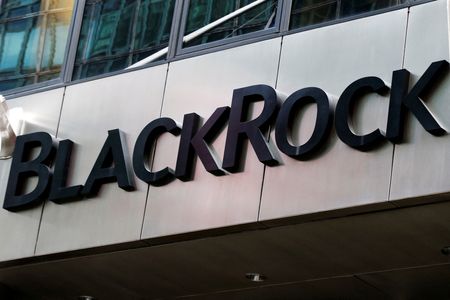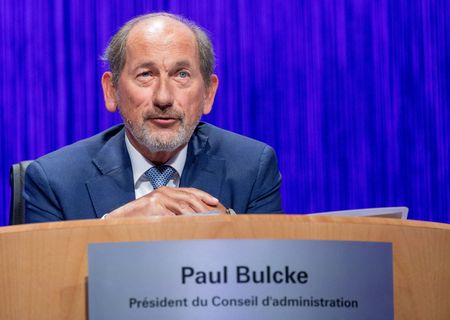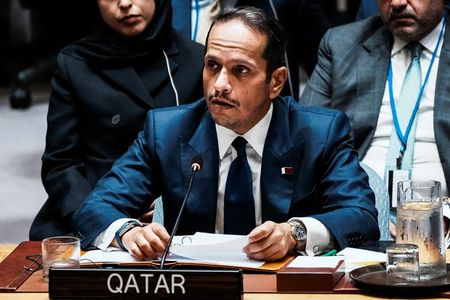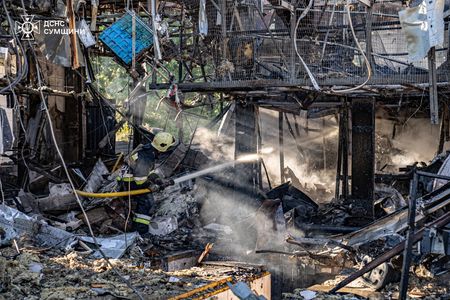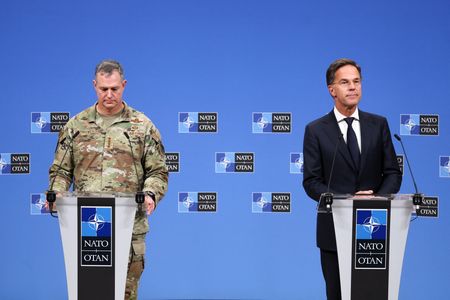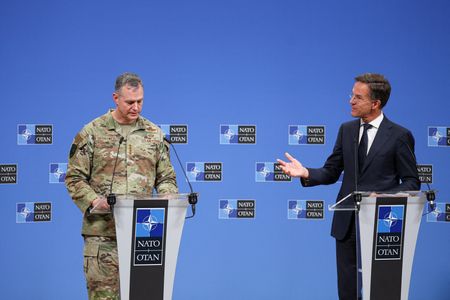By Francesca Landini and Giuseppe Fonte
MILAN (Reuters) – The Italian government plans to invest in nuclear start-up Newcleo as part of its drive to reintroduce nuclear power generation in the country after almost 40 years, two sources with knowledge of the matter said on Monday.
One of the sources said that the right-wing coalition could invest, through one or more state-controlled entities, as much as 200 million euros ($216.52 million) in Newcleo.
The other, a senior government official, said that Rome was looking with particular interest at Newcleo’s projects and would be willingly to invest in the firm.
They spoke after a joint statement by Italy’s energy and industry ministers saying the government would play an active role in the development of innovative technologies in the sector, with a focus on Newcleo’s projects.
A 200 million euro investment would give Italy a prominent role in Newcleo, which so far has raised nearly 540 million euros from more than 700 investors including Agnelli’s family Exor Seeds venture capital fund.
“The government intends to concretely support the strengthening of the national industrial chain dedicated to innovative nuclear energy, recognising its fundamental importance in ensuring energy security,” the two ministers said.
The nuclear firm, which was founded by Italian physicist Stefano Buono, is developing small modular reactors powered by reprocessed nuclear waste.
Small modular reactors can reduce the initial investment needed to build a nuclear power plant based on advanced technologies, limiting the risk of such a project, nuclear experts say.
The Italian government last month approved a law paving the way to a return to nuclear energy, which was banned by referendum.
The government aims to use advanced modular reactors to produce sustainable nuclear energy and decarbonise its most polluting industries. It says that advances in technology and safety make the 1987 referendum ban on nuclear power obsolete.
Meloni’s government however is struggling to win support from local administrations and citizens to identify a place where to create a repository for nuclear waste, and could face a new referendum on nuclear power generation.
($1 = 0.9237 euros)
(Reporting by Francesca Landini and Giuseppe Fonte, editing by Giulia Segreti and David Evans)


